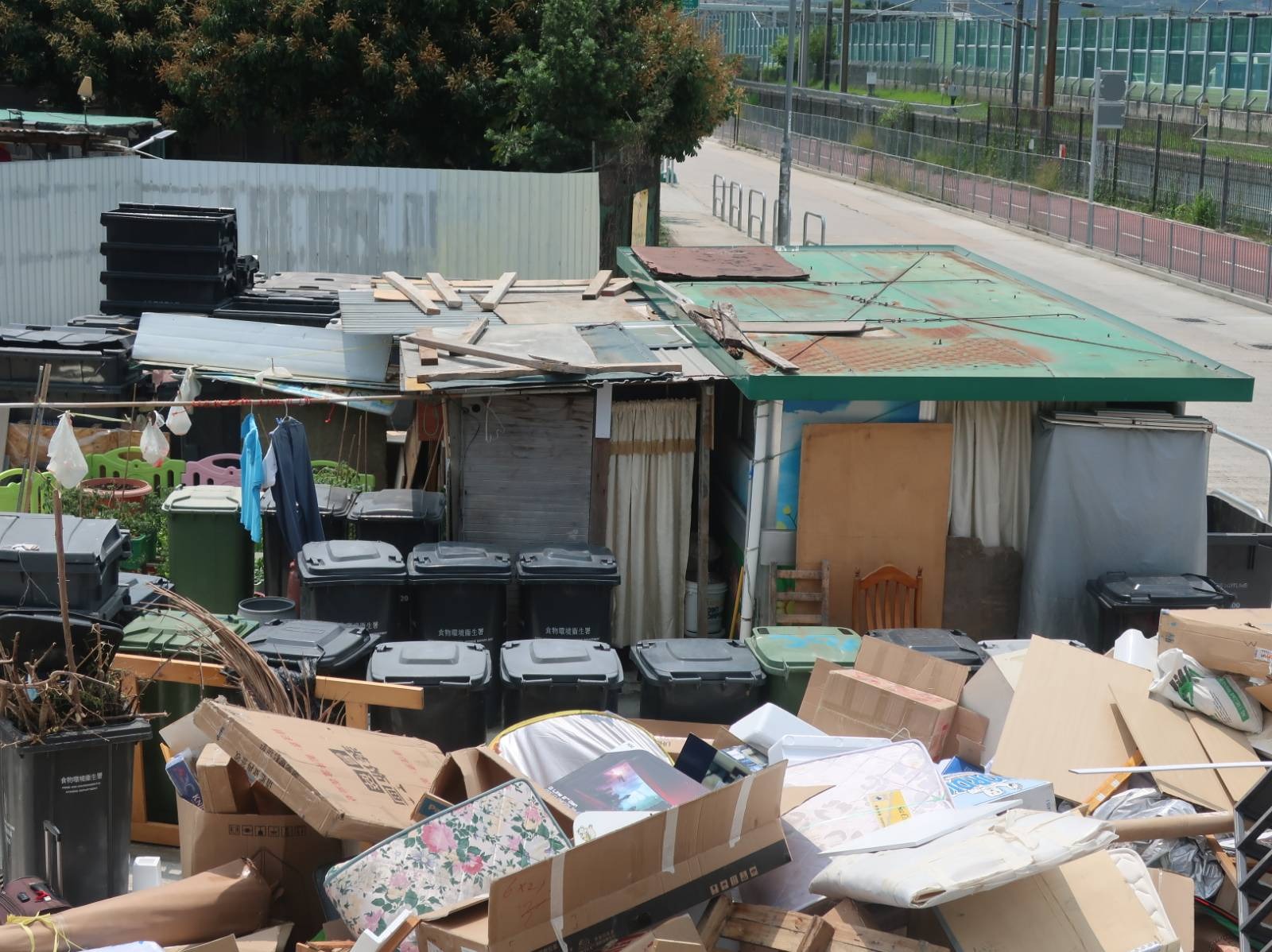
Climate change makes extreme weather events more and more frequent. The impacts of these extreme weather events are disproportionately experienced across racial, gender, and class divides. In Hong Kong, the annual number of days where the daily maximum temperature reached 33°C or higher reached 54 days in 2021. Rainfall and typhoons have also been more extreme. This negatively impacts the health and working conditions of outdoor workers.
In this report, we looked at the impacts of extreme weather events on rural cleaners in Hong Kong. We found that over 50% of the rural cleaners working for the Food and Environmental Hygiene Department and its subcontractors had experienced heat stress and related health issues caused by extreme weather, including skin rashes and joint pain. A major cause of heat stress was the lack of cooling infrastructure and amenities provided by the FEHD and its subcontractors; out of the 18 recommendations made by the Labour Department on alleviating heat stress for outdoor cleaning workers, the FEHD only followed two. In particular, we find that a resting station at each rural refuse collection point is urgently needed in order to provide shelter for rural cleaning workers from extreme heat and weather conditions, so as to ensure their health and safety. Other recommendations include increasing the rural cleaning workforce in proportion to the population growth in the area to alleviate the heavy burdens current sanitation workers carry, and enacting an “extreme heat labour law” to mandate standards and regulations for reductions of work hours or work bans in the extreme heat.
